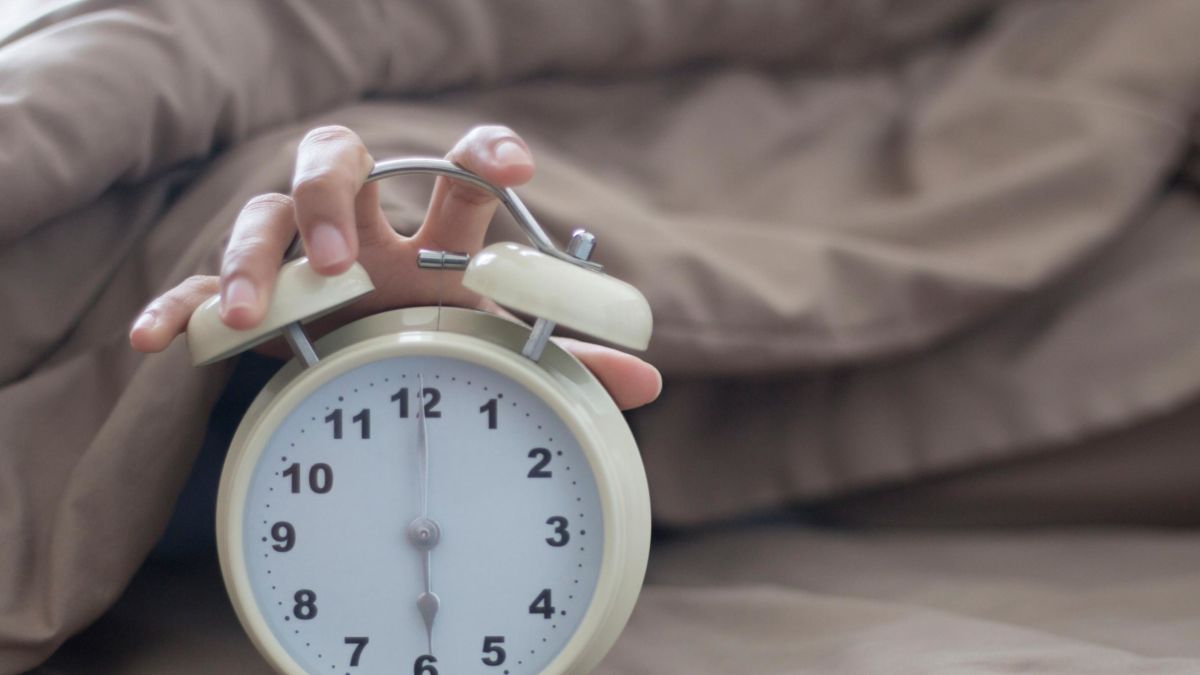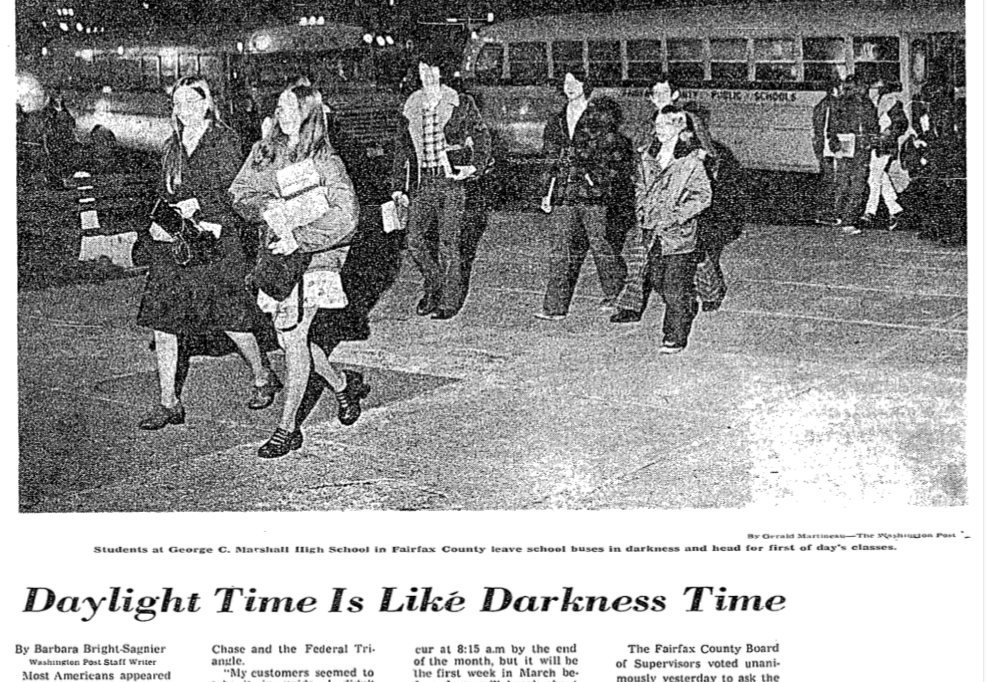
Aaron Velez | News Editor
March 20, 2022
Wake up America. Literally!
Daylight Saving Time is one of the most notoriously despised times of the year, as citizens across the country groggily wind their clocks forward an hour and grumble about how useless the time change actually is. For years, we have complained and questioned our government’s choice to prolong the use of this archaic rule and then forgotten about it once we get accustomed to the new time.
But now, this cycle may finally come to an end: on Tuesday morning, the bill reached the United States Senate at just the right time. A spectacle that is rarely seen in a tumultuous, split Senate occurred, as all 100 Senators put aside their stark political differences and drowsily approved a bill that would permanently keep Daylight Saving Time all year long.
The bill still has to go through the House before reaching President Biden’s desk, and while its effect on the Senate was practically unprecedented, some speculate that it will have a more difficult time waltzing through the House. Also, due to ties with the transportation industry, the bill would not take effect until the November 2023 time change.
“I’m amazed that there actually is something that could get the entire Senate to vote together,” junior Gaby Peña said. “Now we have to see if it can get past the bigger test because the House is usually even more reluctant to agree on bills, even if they aren’t matters of core political values.”

In fact, if history is truly doomed to repeat itself, we can look back to the last time our nation decided to take action against Daylight Saving Time, under the Nixon administration. Practically the same process occurred, with the Senate and House passing a bill to permanently standardize the time on one system, but issues started to arise when children on the East Coast woke up for school only to find themselves in pure darkness, needing flashlights to get to class. After complaints were made, the law was quickly overturned, and it has remained untouched to this day.
However, many SCHS students feel as though there is a loss either way. For those who have zero period, the spring forward is practically a mortal struggle, as students have to wake up and drive to school by what feels like 5:40 a.m. in a state that already has a late sunrise.
“I usually have no problem with waking up early, but this is just absurd,” junior Stella Olivares said. “Doing math is hard enough as it is, even without a time change… I hope this bill can finally get things done.” Overall, many Americans are hoping for the same thing. After 113 years of flip-flopping, we may finally be ready to get rid of this outdated system.

Leave a Reply